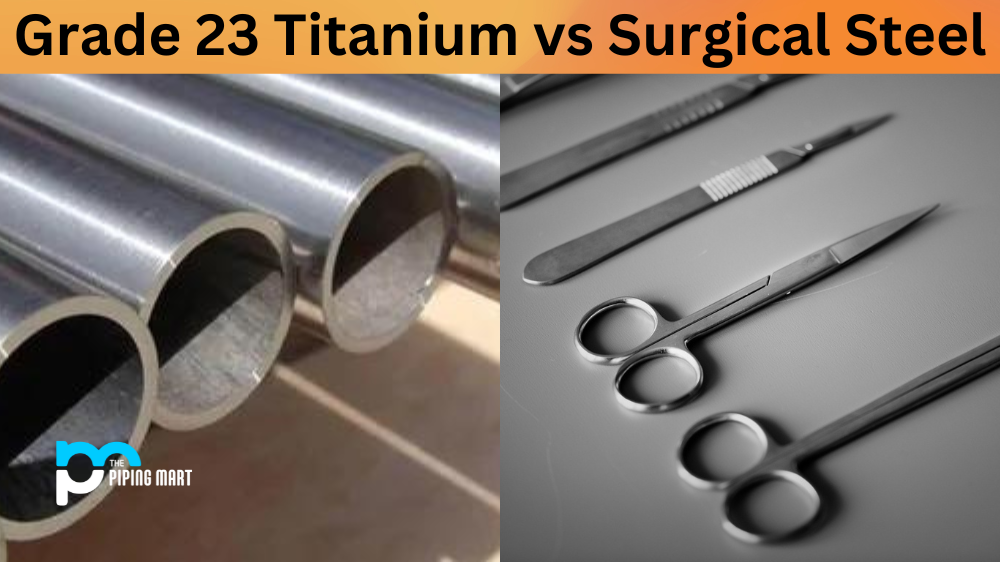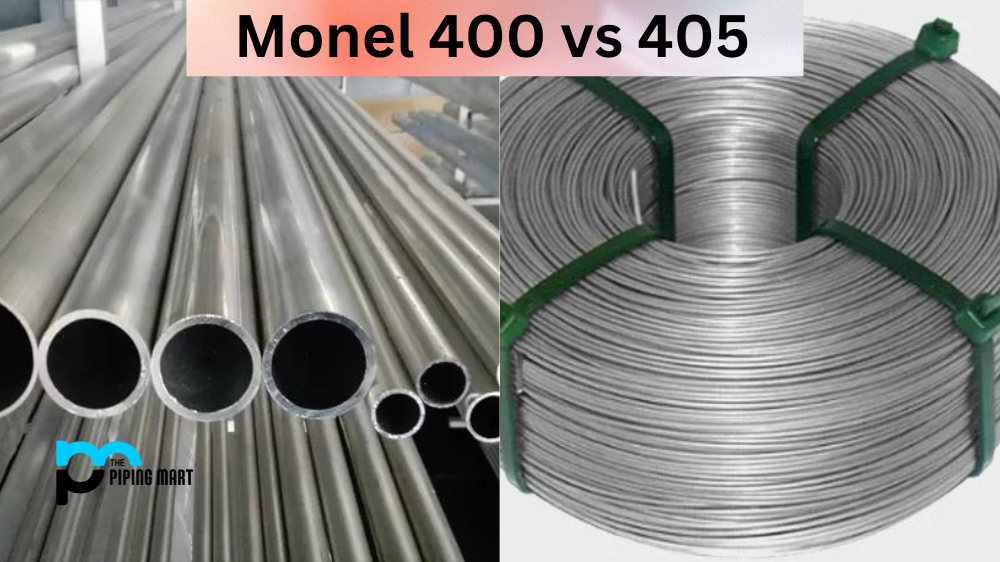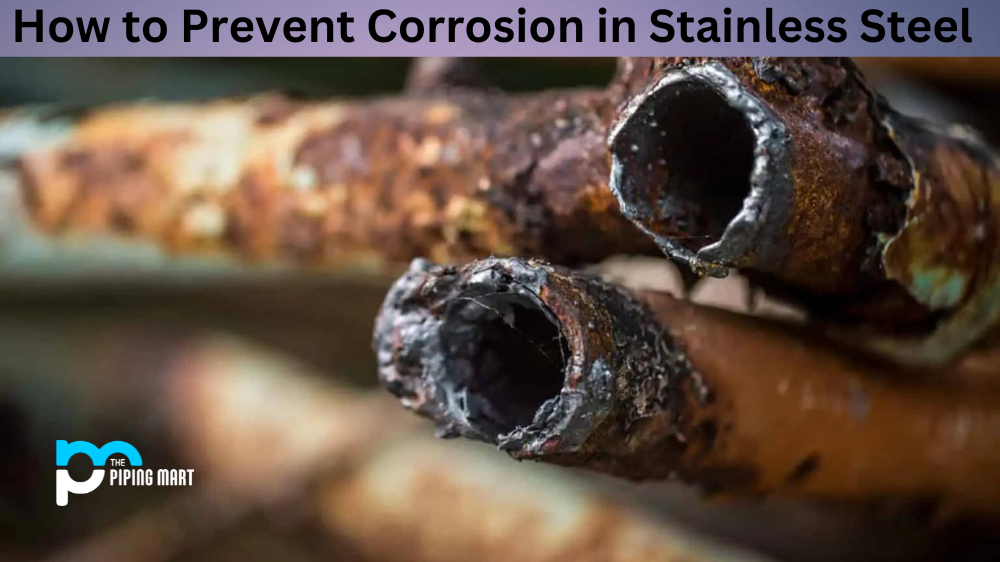If you’re looking for jewellery or body piercing materials, Grade 23 Titanium and Surgical Steel are two of the most popular options. But what sets them apart from each other? Is one better than the other? In this article, we will explore the differences between Grade 23 titanium and surgical steel, including their composition and properties, so that you can make an informed decision when selecting the best material for your needs.
Difference Between Grade 23 Titanium and Surgical Steel
Composition
Grade 23 titanium is a non-reactive metal that is hypoallergenic, meaning that it causes little or no irritation or allergic reactions when it comes into contact with the skin. It is also lightweight, durable, and corrosion-resistant, making it a popular choice for body jewellery. On the other hand, surgical steel is an alloy of steel and chromium, and sometimes nickel and molybdenum. It is also non-reactive but contains metals that can cause an allergic reaction in some individuals. It is known for being strong, durable, and corrosion-resistant, making it a common material for medical instruments.
Properties
Aside from their composition, the properties of Grade 23 titanium and surgical steel also differ. Grade 23 titanium is lighter than surgical steel, which makes it perfect for large-gauge jewellery. It is also stronger than steel and does not rust, which makes it durable for everyday use. Surgical steel, however, is known to scratch or dull more quickly than titanium. It is also more prone to corrosion and staining when it comes into contact with water.
Prices
The price is another factor to consider when choosing between Grade 23 titanium and surgical steel. Grade 23 titanium is more expensive than surgical steel, but many consider it worth the investment for its benefits. It is a premium metal known for its durability and is often used for high-end jewellery with intricate designs. On the other hand, surgical steel is a more affordable option and is commonly used for everyday piercings.
Maintenance
Grade 23 titanium and surgical steel require regular cleaning and maintenance to prevent bacterial buildup and maintain their lustre. However, cleaning procedures differ for each. Grade 23 titanium can be cleaned using warm water, mild soap, and a soft cloth. Do not use abrasive cleaners or harsh chemicals, as they can damage the metal’s surface. Surgical steel can be cleaned similarly, but some recommend using a specialized stainless steel cleaner for better results.
Conclusion
When selecting between Grade 23 titanium and surgical steel, it is important to consider factors such as composition, properties, prices, and maintenance. Grade 23 titanium is more expensive but offers weight, strength, durability, and corrosion resistance advantages. Surgical steel is more affordable but is prone to scratching, corrosion, and staining. Ultimately, the choice depends on personal preference, intended use, and the type of piercing or jewellery involved. Follow proper maintenance procedures to ensure a long-lasting and safe experience regardless of your chosen material.




